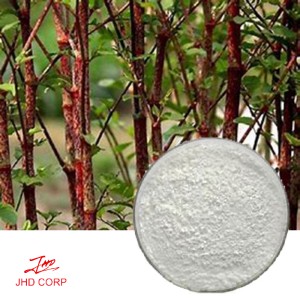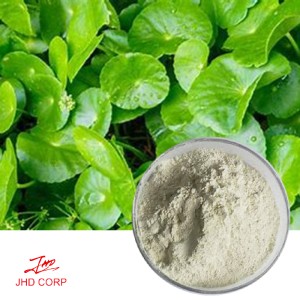Besides regulating blood sugar, what other effects does berberine HCL powder have?
Berberine is an alkaloid in the Coptis Chinensis extract, and it is the main active ingredient of Coptis Chinensis antibacterial.
Berberine is an alkaloid in the Coptis Chinensis extract, and it is the main active ingredient of Coptis Chinensis antibacterial. It is a yellow needle-like crystal with a bitter taste.
Clinical applications are mainly berberine hydrochloride and sulfate. They can resist pathogenic microorganisms, and have inhibitory effects on various bacteria such as Shigella, Mycobacterium tuberculosis, and Pneumococcus, and are often used to treat digestive tract diseases such as bacterial gastroenteritis and dysentery. With the development of medical research, it was found that berberine also has a good effect on other health problems.
1. AMPK activation
One of the main actions of berberine supplements is to activate the enzyme AMP-activated protein kinase (AMPK) in cells in the body. AMPK is an extremely powerful enzyme in the body, often referred to as the "master metabolic switch." AMPK is responsible for regulating the body's metabolism at the cellular level.

2. Lower blood sugar levels
Many studies have shown that berberine can significantly reduce blood sugar levels in people with type 2 diabetes. Berberine has been shown to act as a hypoglycemic agent in the same way that antidiabetic drugs do in lowering blood sugar levels.
Berberine's effects on fat loss are thought to be related to its improved insulin sensitivity and activation of the AMPK enzyme.
What is the dosage of berberine?
From a daily standpoint, 1,000 to 1,500 mg of berberine per day appears to be the ideal level. Even an increase to 2,000 mg seems fine, but it may not be necessary to achieve the desired results.














